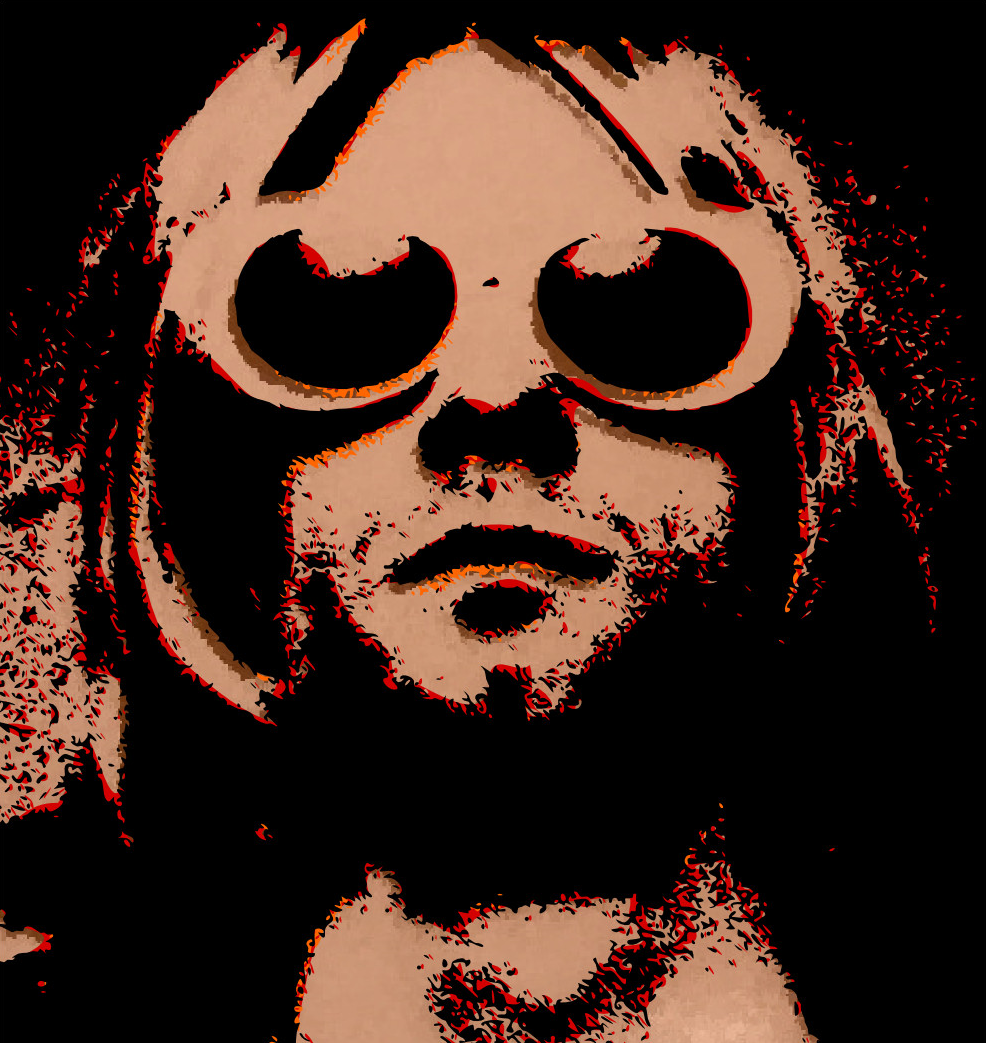

Introduction
The world famous Turing Test was designed to show whether a machine is truly intelligent. At this time, no machine has ever won in Turing's “imitation game”[1], but we can already start thinking about the set of tests that we will set for thinking machines in the longer term. For example, will an AI-based machine be able to fall in love? This question has already been the centerpoint of many books and movies, for example, in “Blade Runner”, “Ex-machina” and “Her”. In this article I would like to discuss whether it will ever be possible to call a machine an "artist", a title that is unobtainable for most humans. To be more precise: will robots ever be able to make "music" rather just "sound"? In order to answer this question, I will examine the first ever grunge song written by AI.
Case study
Kurt Cobain would probably be one of the artists most disgusted by the idea of transposing his riffs and vocal melodies into MIDI format, then inputting them into a machine learning algorithm in order to decode the hidden songwriting patterns and schemas. However, ironically, he is one of the first musicians whose music has already been subjected to such treatment. The Toronto-based non-profit organisation called Over the Bridge used a Tensorflow package, “Magenta” (https://magenta.tensorflow.org/), to train the model on 20-30 Nirvana songs (with each instrument being treated separately). Once the model was trained, it was able to produce its own “Nirvana" riffs, most of which were reported to be “unlistenable”. As a result, humans had to take over and pick the most interesting elements created by the model, and glue these into a song. The lyrics were created in a similar way. In this case, an artificial neural network was trained on Cobain’s lyrics, and then the model produced lots of output, which was then examined by humans. Finally the song was recorded by the Nirvana tribute band. You can listen to the final version of the collaboration between AI and human musicians at: https://www.youtube.com/watch?v=muT6x7VXx5I
Evaluation
The results sound, well, correct, but pretty bleak, if you ask me. The verses and choruses use the same, rather popular chord progression of F-E-a. The style of guitar-picking fits the chords well, but is in no way revolutionary. The chorus uses much more distortion but, behind the wall of sound, we can hear a melody that would be a good fit for both Marilyn Manson and Nirvana's style. The work seems even more underwhelming when we take into consideration that humans were still needed to validate which AI outputs were “listenable”, and then to glue the song together. Any method which relies purely on a process of replicating melodies obviously neglects many crucial aspects of songwriting, such as the structure of the song, expressing emotions, originality, and any "message". As long as those issues are not addressed we cannot consider AI to be capable of carrying out any form of real songwriting.
Conclusion
Music is necessarily repetitive. And music seems to be composed of a finite set of “listenable” combinations of sounds, many of which have already been "discovered". For an analogy, think of how an mp3 file is just a long, long series of 0s and 1s. On top of that, songwriting seems to be based on certain schemas; otherwise it would not be possible to distinguish between musical genres, for example, metalcore and country. Taking all of this into consideration, I think that we can assume that, one day, AI will be able recognize all the required patterns for real music, and will be able to trick people into believing that AI really has that elusive quality that makes a person qualify as a true "artist". However, after listening to the first grunge song composed by AI, we are forced to conclude that AI is not going to master the craft of songwriting anytime soon. Perhaps that is for the best: why would we humans want to delegate such a wonderful activity as writing music to machines anyway?
[1] https://bigthink.com/the-future/turing-test-imitation-game/
Graphic: Dan Marsh, https://flickr.com/photos/dan-marsh/; CC BY 2.0; picture modified